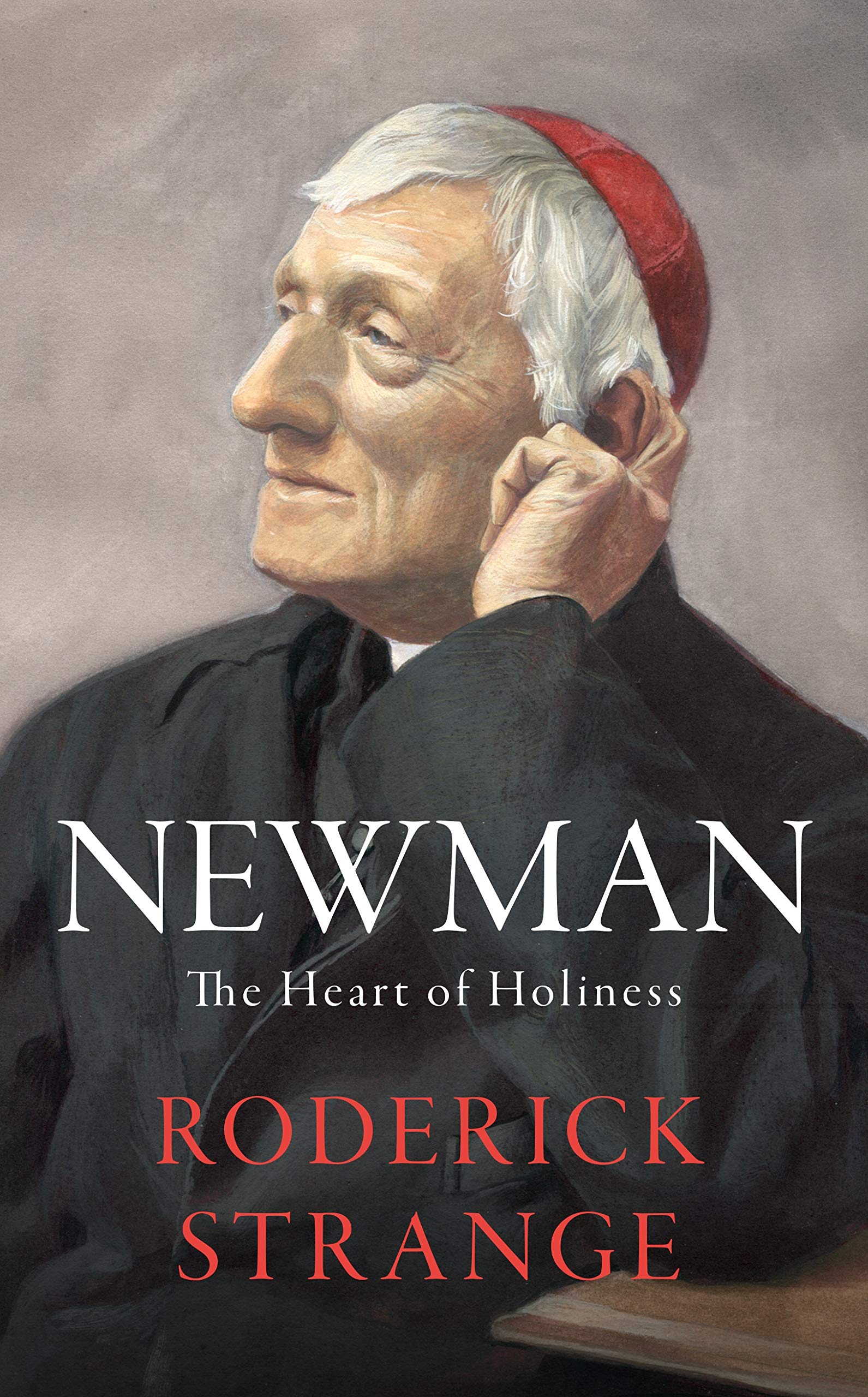Newman: The Heart of Holiness by Roderick Strange
Provides insight into why John Henry Newman was considered great enough to be made England’s first non-martyred saint in 600 years
 Newman: The Heart of Holiness
Newman: The Heart of Holiness
By Roderick Strange
Hodder & Stoughton
ISBN: 9781529362619
Reviewed by: Amanda Higgin
Roderick Strange’s Newman: The Heart of Holiness is a timely survey of the thoughts and principles of John Henry Newman (1801-1890): once vicar, then cardinal, now saint. 10 chapters in only 142 pages cover aspects of Newman’s religious life, including a brief biography of his denominational conversion and a closing statement on how Newman’s lifestyle offers ‘an apologia for our times’ – a witness to an alternative way of living.
Strange’s treatment focusses almost exclusively on Newman’s life after his conversion to Catholicism in 1845, portraying him as a martyr of the times. Newman was marginalised by the Anglican establishment and ostracised from the academy in which he had flourished, yet remained faithful to his Catholic convictions.
Strange clearly knows his subject well. His doctoral dissertation was published in 1981 as Newman and the Gospel of Christ, and he has since published, edited, and presented various other works on the cardinal. In Newman: The Heart of Holiness, however, he seems determined to avoid any of his old subject matter, and this book struggles as a result. This is not a biography, although it contains biographical elements, nor is it a review of Newman’s theology, since his publications are referenced only in passing. It is something like a panegyric, as Strange’s personal admiration for Newman is evident at every stage, but too analytical to be accessible for all readers.
When I was at university, my tutor often remarked how many essays (both my own and others’) would have been greatly improved if their authors had made their conclusions into their introductions and then rewritten everything accordingly. A similar approach would have benefitted Strange; indeed, I recommend that readers take in the last chapter before the first. In chapter 10, Strange presents his thesis: Newman anticipated the kind of secular society in which we now find ourselves, ‘a world simply irreligious’ (The Infidelity of the Future, 1873), and his way of looking at the world models Christian life in this kind of society. In light of this admiration, readers can appreciate the significance of Newman’s prayer life, Eucharistic devotion, and perseverance in dark times.
Any reader who already has some familiarity with Newman, particularly (I suspect) one who has already read one or other of Strange’s previous publications, will find this short book an interesting and enlightening treatment of Newman’s thought. It categorises its subject thematically rather than chronologically, which may confuse readers not already familiar with the overall narrative of his life, but by doing so the book exposes Newman’s fundamental principles.
Readers with Catholic sympathies will find it more helpful than others, but all readers will find in it some insight about why John Henry Newman was considered great enough to be made England’s first non-martyred saint in 600 years.
Amanda Higgin recently graduated from the University of Oxford with a BA in Theology & Religion, and is now serving as pastoral assistant at Wallingford Baptist Church
Baptist Times, 07/02/2020